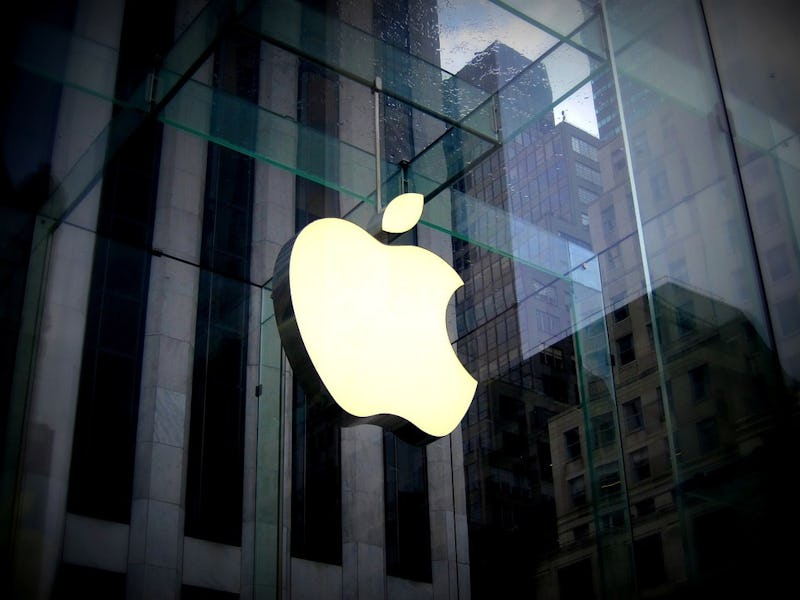Why Millennials Don't Want to Work at Apple Anymore
“Apple culture’s a little weird."

Working at big companies like Google and Apple used to be the cream of the crop jobs for young programmers and coders. Perks included amazing offices, management that encouraged creative work environments, and the ability to afford comfortable lifestyles in cities with insane cost-of-livings.
But evidence is mounting to suggest that perception is quickly eroding. Programmer James Knight gave up a cushy job writing software at Google’s Manhattan office to start working as a freelancer. In an instant, he gave up all the benefits that come with a steady gig and took on all the risks associated with a freelancer’s lifestyle.
“I’d rather control my own destiny and take on the risk and forgo the benefits of nap pods and food,” Knight told Bloomberg. “At Apple, you’re gonna be working 60-80 hours a week and some VP will come yell at you at any moment? That’s a very hostile work environment.”
For these engineers willing to take the plunge, the rewards are high. Tech companies big and small are willing to pay as much as $1,000 an hour to contract freelance coders who possess the right skills to complete specific projects.
In the minds of millennial freelancers like Knight — who now make up one out of every three workers in the U.S. — working at Apple or Google doesn’t have the appeal that the independence of freelance work can offer. And with demand for software developers expected to grow by about 17 percent between 2014 and 2024, freelance techies are in a particularly envious position of power to pick and choose the projects they want.
Even more seasoned software developers share these sentiments. Martin Langhoff, a 39-year-old freelance coder, says he makes 50 percent more money than he did working full-time, and still gets to enjoy more time with his family. And yet — everyone he works with comes to the table with a high degree of energy and talent.
“It’s like you get a seat at the New York Philharmonic,” Langhoff told Bloomberg. “Now every performer is performing at their top level, and when it’s your turn, you feel the heat.”
All of this is slowly eating away at the big companies. Apple’s stock fell 6.5 percent on Wednesday, even as it announced there are 1 billion active Apple devices. To many observers, the company is floundering because it’s losing talent to the new freelance economy. No one is eager to work at a place that feels about as inviting as an ivory tower.
“Apple culture’s a little weird. A lot of secrecy, a lot of control. It just seems kind of like the empire down there,” Matthew Wood, a designer at the development agency Arsenal, told The Guardian. “Thinking about jobs, Apple never really comes up.”
That talent bleed is beginning to show up in what the company can offer the market. Apple’s last killer device was the iPhone. The Apple Watch was a pebble in the water in comparison. And there’s nothing on the horizon that suggests they’re on the cusp of something revolutionary any time soon. Google, Amazon, and Facebook, on the other hand, have been able to offset loss of skilled employees by bolstering bigger, more audacious projects.
Overall, however, these big tech companies will have to change the way they recruit and retain highly-sought talent if they intend to stay in a position of power or success.